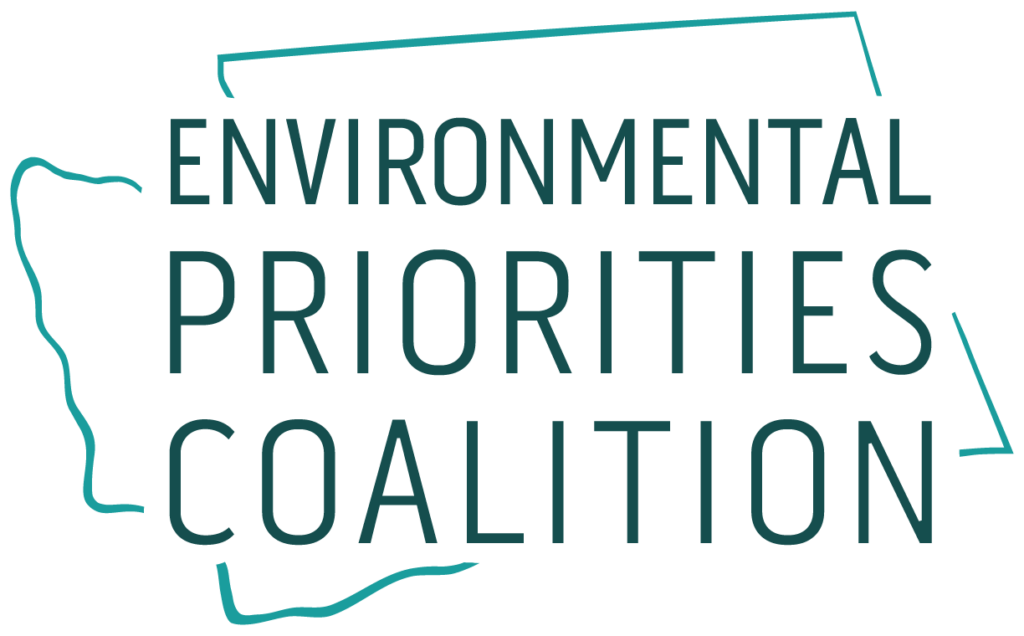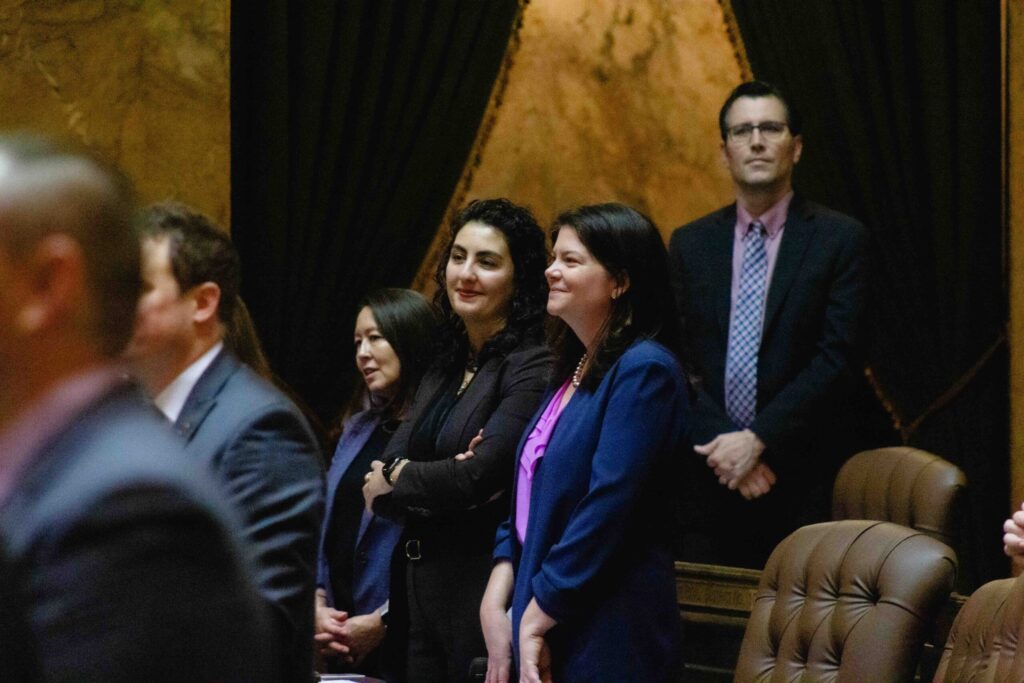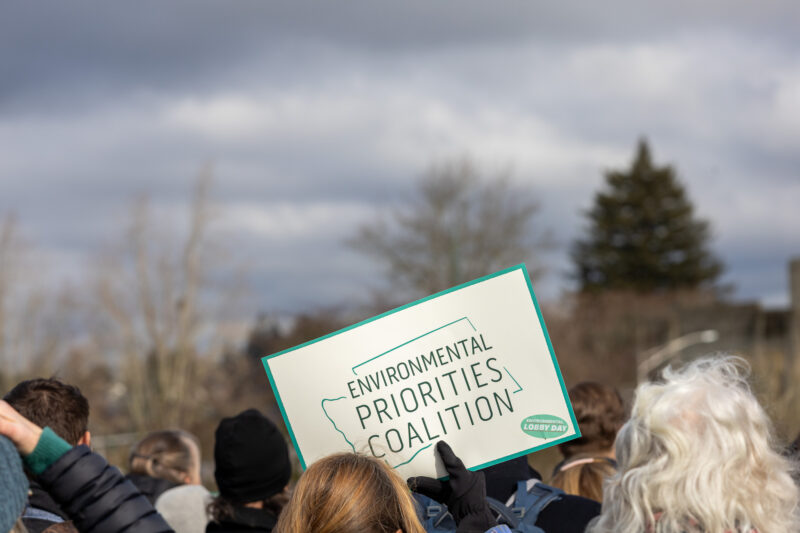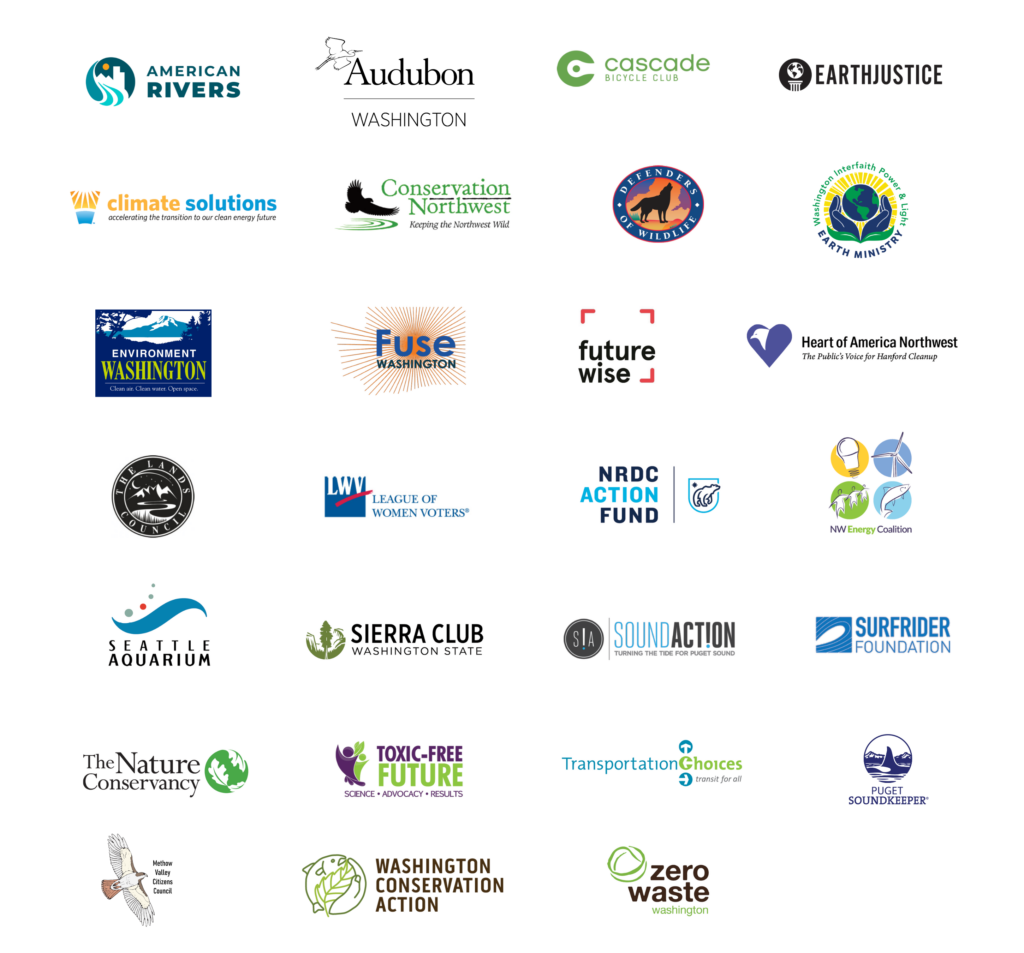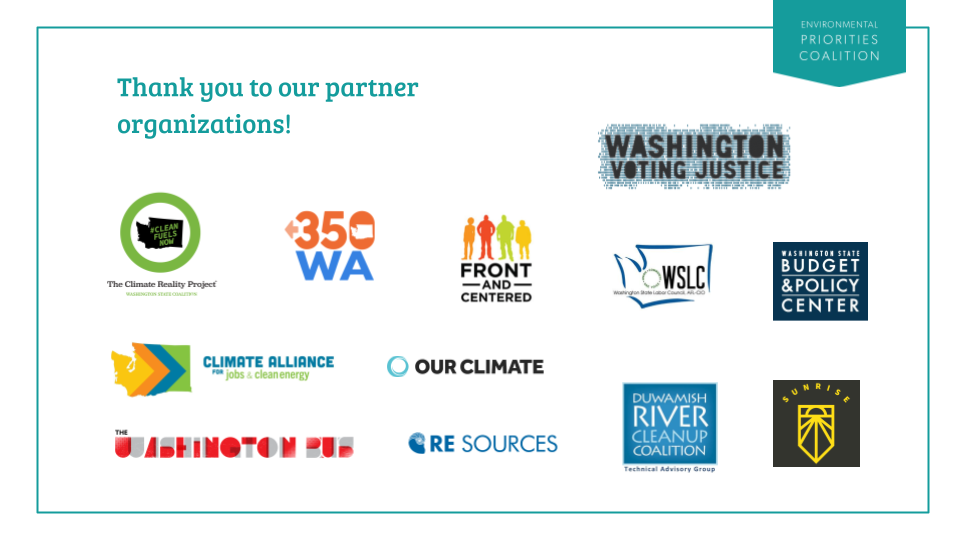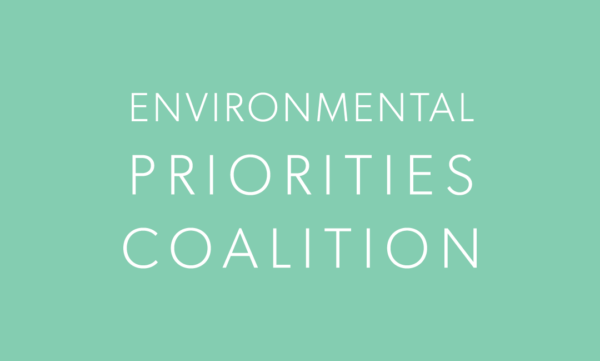What We Do
Environmental Priorities Coalition
Washington State’s Environmental Priorities Coalition is made up of 27 statewide environmental organizations working to safeguard our environment and the health of our communities through policy and budget advocacy at the Washington State Legislature. Every year, the Coalition comes together to select priorities to advance during the legislative session.
